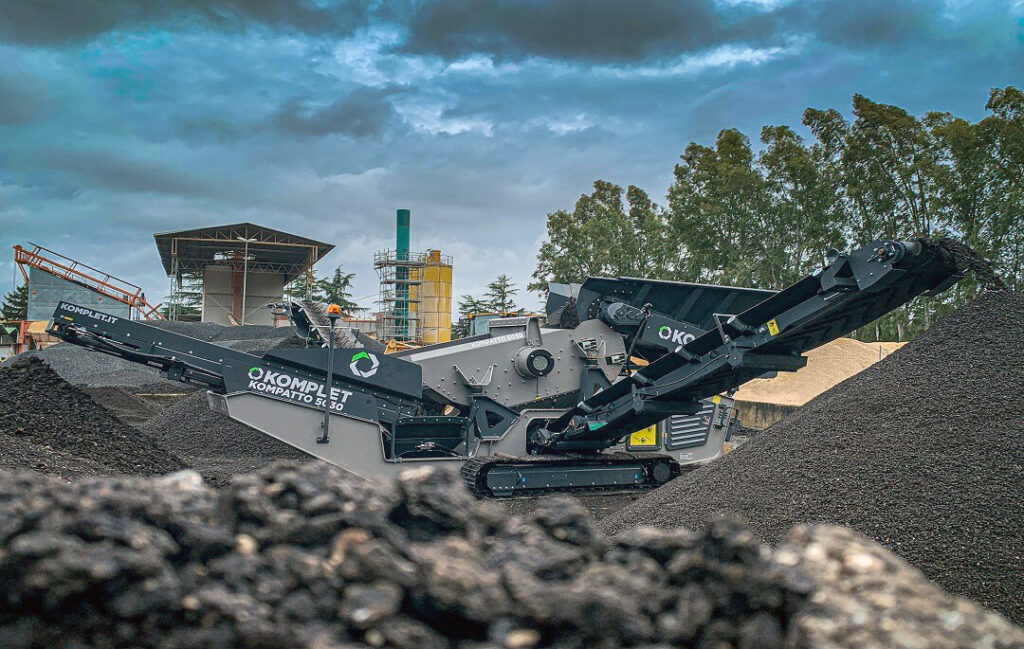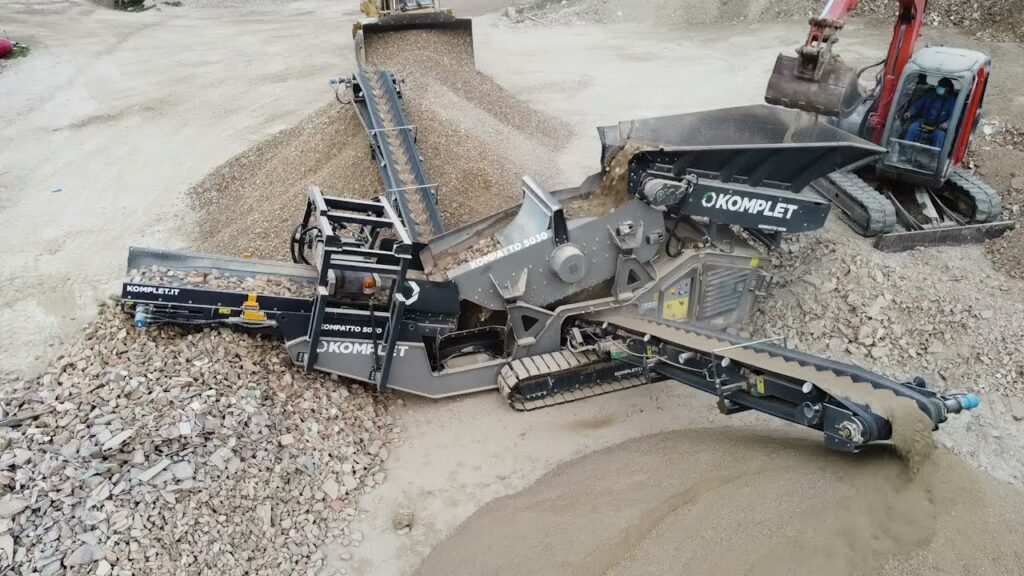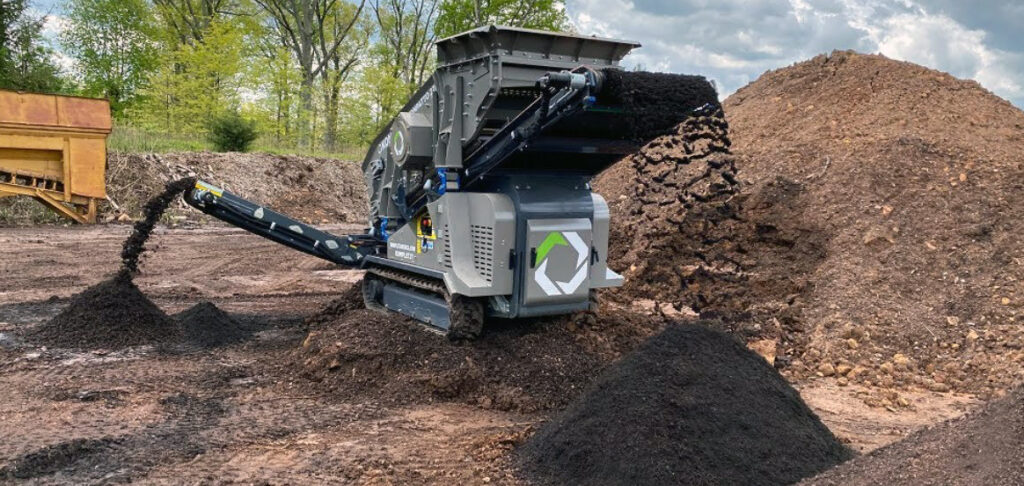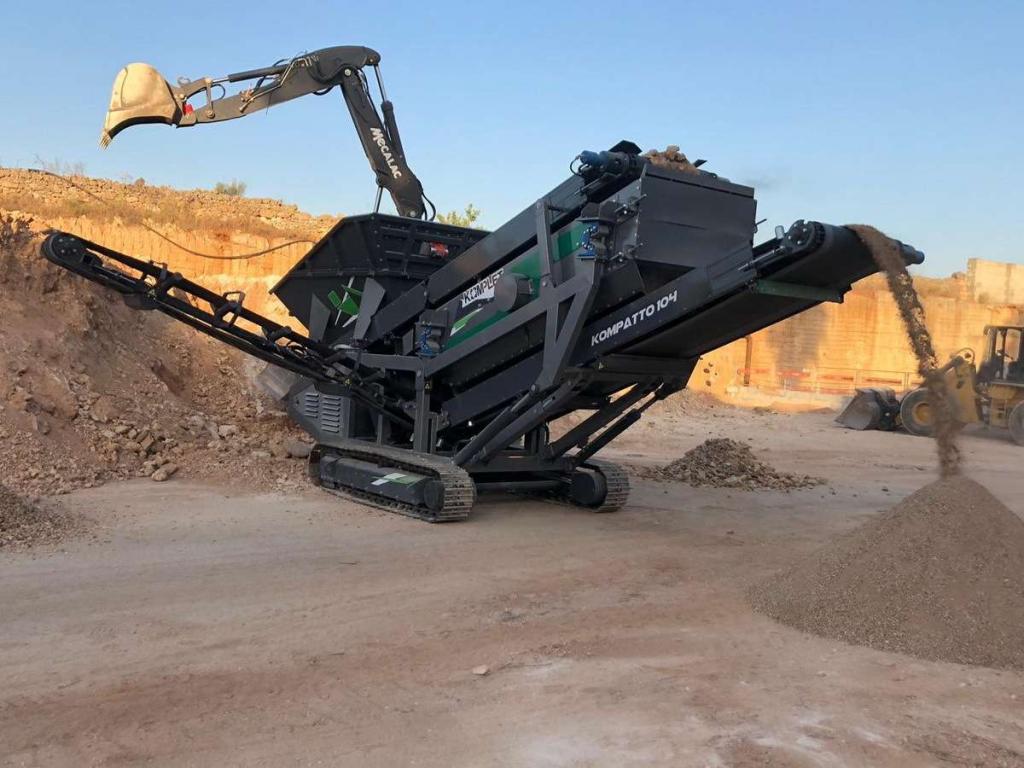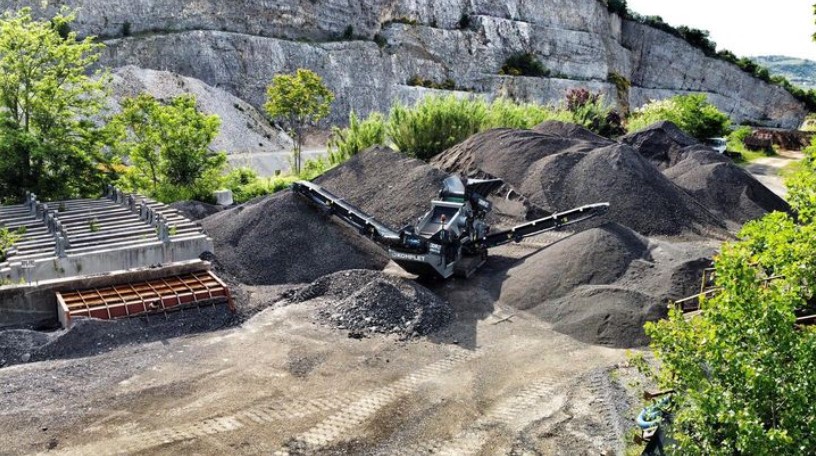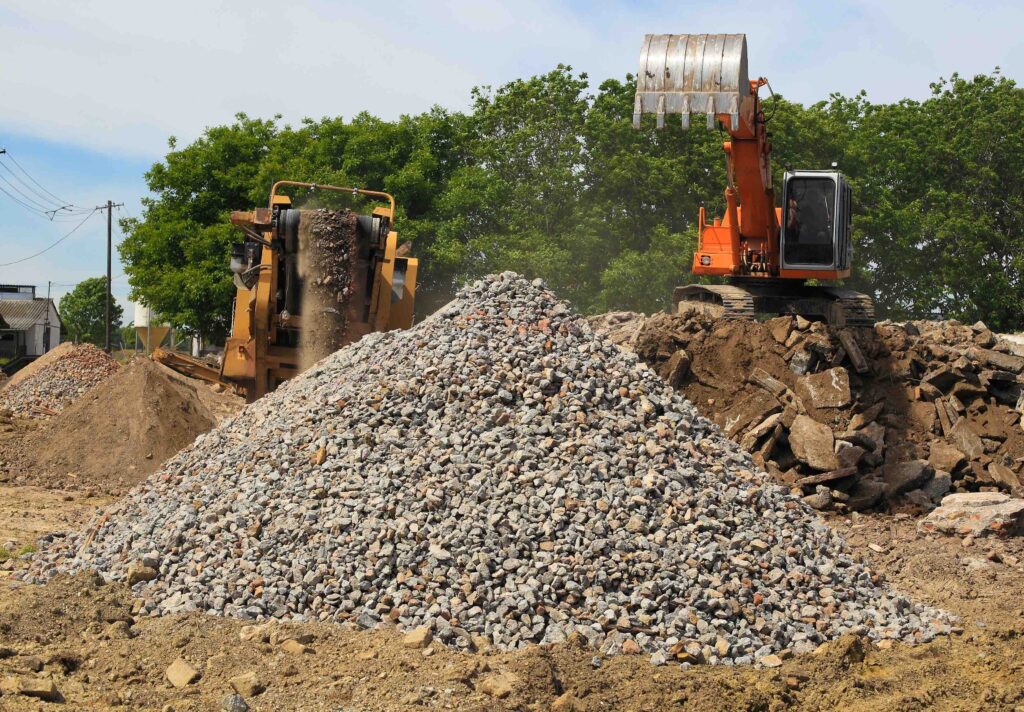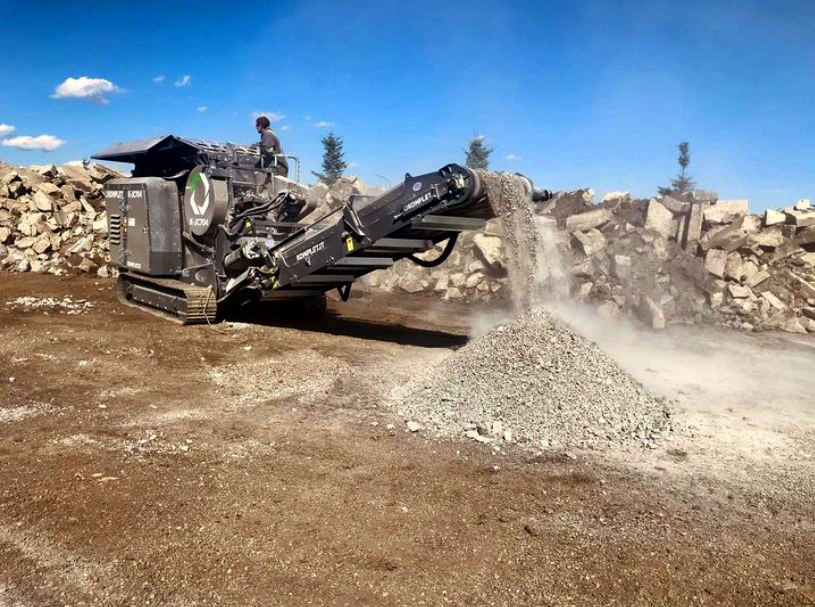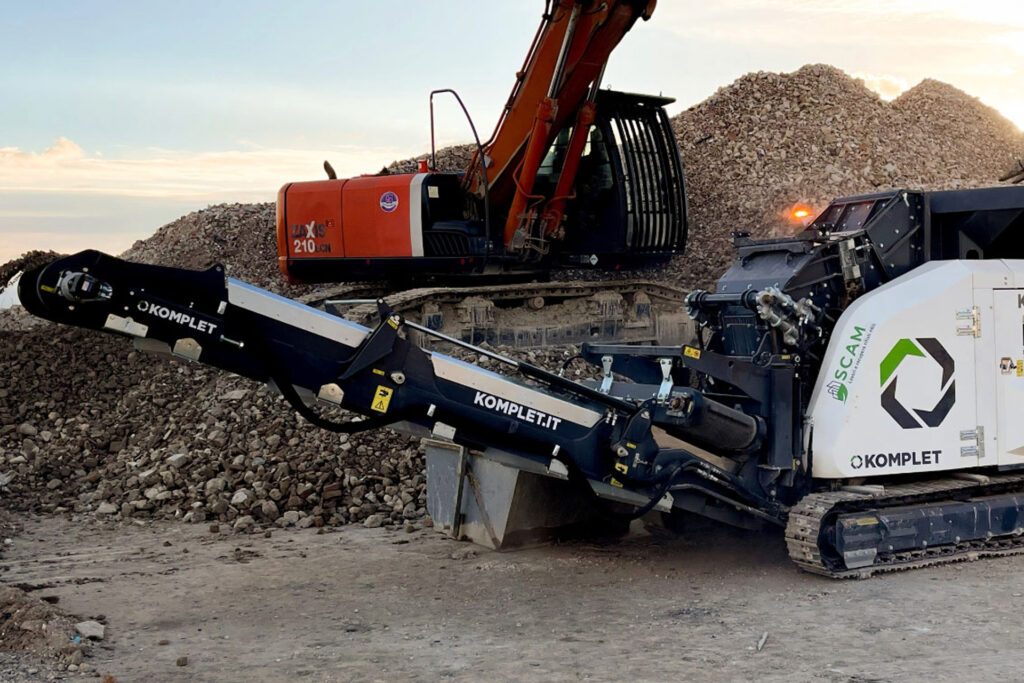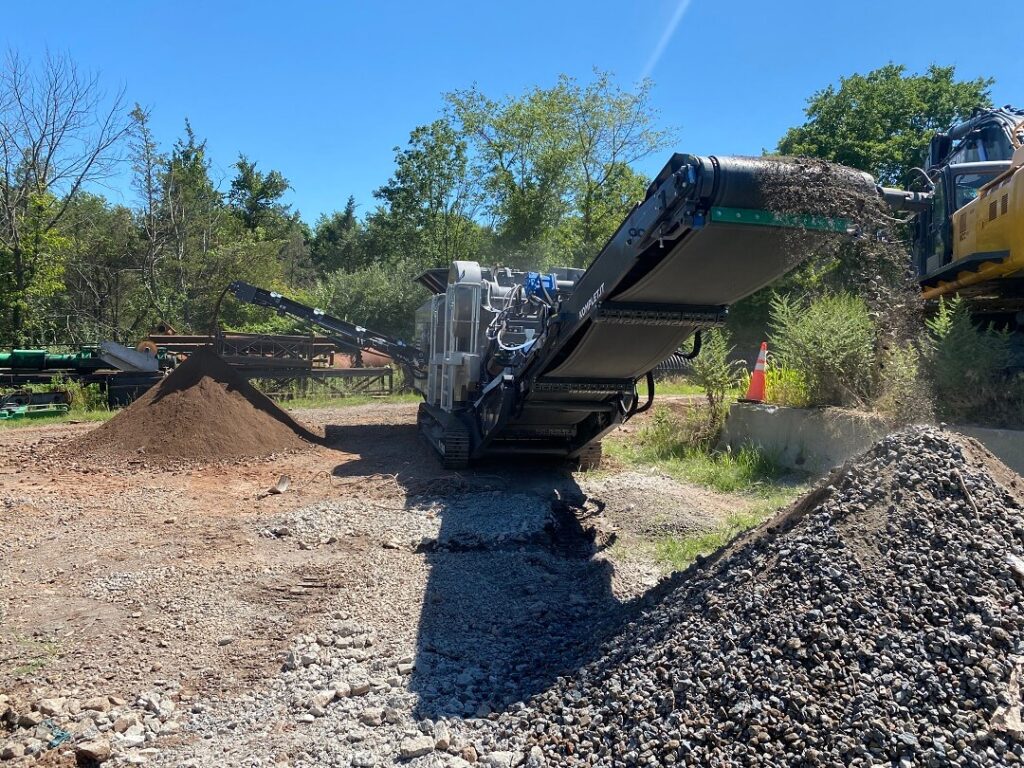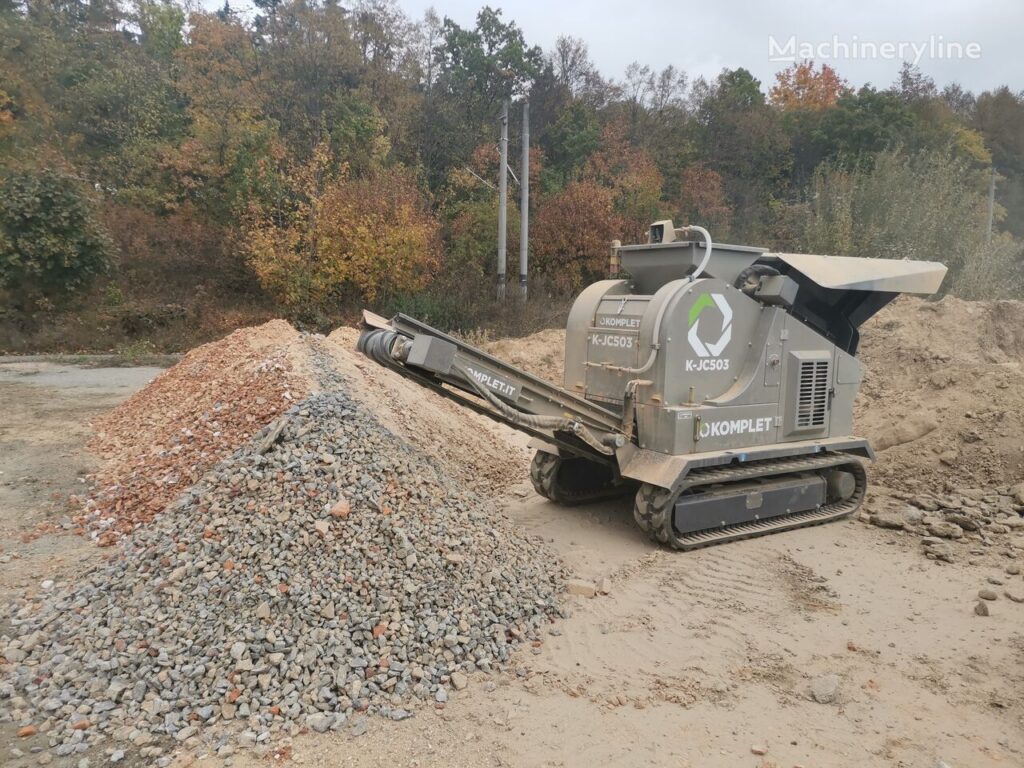Choosing the Right Equipment for Your Project: A Guide to Crushers, Shredders, and Screeners
Selecting the right equipment for construction, demolition, or recycling projects is crucial for efficiency and success. The choice between crushers, shredders, and screeners depends on various factors, including the type of project, the materials involved, and the desired outcome. This guide will help you understand the key considerations for choosing the right machinery and provide examples to illustrate the decision-making process. Understanding the Equipment 1. Crushers Crushers are designed to reduce large, hard materials into smaller, more manageable pieces. They are commonly used in the construction and demolition industries for processing concrete, asphalt, rocks, and other hard materials. Crushers vary in design and capacity, with the most common types being jaw crushers, impact crushers, and cone crushers. 2. Shredders Shredders are used to process materials into smaller, uniform pieces. Unlike crushers, shredders are more versatile and can handle a wide range of materials, including wood, metal, plastic, and organic waste. Shredders are often used in recycling and waste management to prepare materials for further processing or disposal. 3. Screeners Screeners are used to separate materials based on size. They are essential in industries like mining, construction, and recycling, where sorting materials by size or quality is necessary. Screeners can handle a variety of materials, including soil, gravel, sand, and crushed stone, ensuring that the output meets specific requirements. Choosing the Right Equipment: Key Considerations 1. Project Type and Scale The type and scale of your project are fundamental in determining the equipment needed. For large-scale demolition projects involving concrete and metal, heavy-duty crushers and shredders are necessary. In contrast, smaller projects or those involving lighter materials may only require basic shredding and screening equipment. 2. Material Type and Characteristics Different materials require different equipment. Hard, abrasive materials like concrete and rock are best handled by crushers, which can break them down efficiently. Softer, more flexible materials, such as wood or plastic, are better suited for shredders. Screeners are ideal when the goal is to sort materials by size or remove impurities. 3. Desired Outcome Your end goal also influences equipment choice. If you need to produce recycled aggregates for construction, a combination of crushers and screeners is ideal. For projects focused on recycling metal or plastic, shredders paired with magnetic or air separation equipment can ensure purity and quality. Case Studies: Equipment Selection in Action Case Study 1: Urban Demolition and Recycling A demolition company in Sydney was tasked with demolishing an old industrial building and recycling as much material as possible. The project involved concrete, steel, and some wood components. The company chose a combination of jaw crushers and cone crushers to handle the concrete and steel, respectively. They also used shredders to process wood materials and screeners to separate and clean the resulting aggregates. This setup maximized material recovery, reduced waste disposal costs, and provided reusable materials for future construction. Case Study 2: Landscaping and Soil Management A landscaping firm needed to prepare a large plot for a new garden installation, which involved removing debris, rocks, and unsuitable soil. They selected a shredder to break down green waste and small branches, a screener to separate rocks and larger debris, and a mobile crusher to process any larger rocks into usable garden material. This approach ensured the soil was adequately prepared, saving costs on new materials and disposal fees. Case Study 3: Plastic Recycling Initiative A plastic recycling company aimed to process post-consumer plastic waste into reusable pellets. They used shredders to reduce the size of plastic waste, followed by granulators to achieve a uniform size suitable for melting and molding. Additionally, they incorporated screeners and separators to remove impurities, ensuring the final product’s quality. This method allowed for efficient recycling and production of high-quality recycled plastic products. Conclusion Choosing the right equipment for your project requires careful consideration of the project type, material characteristics, and desired outcome. By understanding the specific needs of your project and the capabilities of crushers, shredders, and screeners, you can make informed decisions that enhance efficiency, reduce costs, and support sustainable practices. Whether you are managing a large-scale demolition, a landscaping project, or a recycling initiative, the right machinery can make all the difference in achieving your goals.
